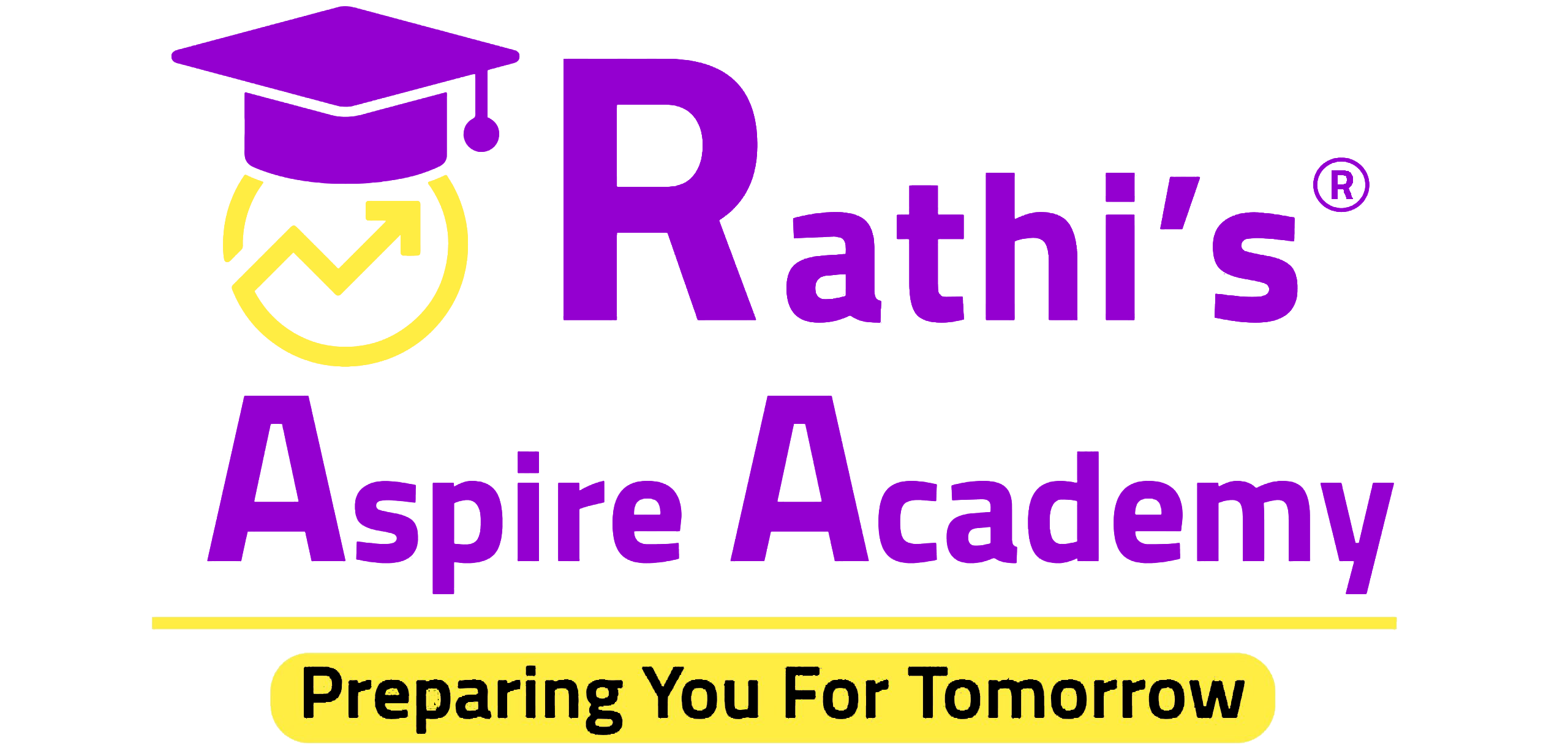Parenting Tips To Build Strong & Best Study Habits At An Early Age

We are a creature of habit. What we learn at an early age often stays with us throughout our lives. During early childhood, students are more adaptable and can be easily influenced. Therefore, teaching effective study habits to your children early on can greatly benefit them in the long run, especially when you may not always be around due to work commitments or when your child is going to study away from home.
Many students struggle in their higher studies because no one taught them how to study properly. For example, we teach kids how to hold a pencil. But when they switch to a pen, that holding style doesn’t change. Similarly, instilling best study habits from the start is crucial, as it prepares your child to handle a challenging and competitive curriculum with greater independence and less reliance on external support.
Every parent wants their child to succeed academically. By teaching effective study habits early, you equip your child with the tools they need to thrive, even in demanding academic environments. In this blog, we’ll discuss how kids can be taught good habits in terms of their studies. So, let us explore some valuable parenting tips and ways to improve your study habits.
1. First Things First – Parental Involvement Over External Resources
Parents often invest heavily in prestigious schools and top coaching centres, meticulously researching top scorers from institutes, IITian teachers, and video recordings of lectures etc. Many even enroll their children in IIT/NEET foundation courses as early as 5th grade. However, a crucial first step is to understand child’s potential and nurture your child’s individual interests. Every child is unique, so avoid expecting top score every time or forcing them into courses simply because others are doing so.
If your child shows a lack of interest, engage with them to understand their challenges and work together to spark their curiosity. Instead of pushing for multiple classes (ex. IIT/JEE Foundation) or a rigorous study schedule, adopt a more personalized approach. Dedicate time to creating a study timetable, establishing a study routine, discussing exam questions and answers, and encouraging them after tests. Helping them organize their study space also plays a significant role. This tailored support can greatly enhance their academic experience and foster a genuine love for learning.
2. Creating a Learning Environment
Before teaching your kid some successful student habits, creating a positive learning ambiance is important. The kid’s study place is important since it determines how focused the student can be. To make it appropriate for study, ensure that the study area is quiet, and has enough light and good ventilation. The place should be away from any possible distractions you may decorate it with books and various stationary items. The student can further personalize the place by sticking maps, physics/mathematical formulas, math tables, chemical reactions, biology diagrams, tenses, and timetables on the wall or installing a whiteboard if necessary.
3. Making A Routine
Without a routine or any predetermined plan, time cannot be maximized while studying. Everything remains on track when the student can continue his/her work in an organized way. Therefore, creating a routine and strictly adhering to that routine is one of the best study habits that can help your child in the long run. Making a routine can differ from person to person. So, it is the task of the student or the parents to prepare a good routine. You can take the help of this demo routine that we suggested to our JEE aspirants.
4. Setting Definite Goals
Teaching the kids to set their goals is a subtle point that many parents overlook. Educating young kids about the importance of setting a definite goal and constantly keeping themselves motivated toward that goal can strengthen their determination and dedication. When it becomes a habit, they will automatically set small achievable goals to steadily progress with their short-term targets as well as an ultimate goal that will keep increasing their motivation.
5. Habit of Making Own Notes
When it comes to self-study, teaching note-making is one of the best study habits that you can gift to your children. If you want to know how to make notes then refer to our blog. If not taught at an early age, it can be daunting for the students in higher standards. In board exams, and especially in exams like JEE and NEET, preparing your own notes becomes very crucial since it can help them remember all the complex concepts and easily navigate between all their course materials in the face of exams.
6. Teaching POMODORO
POMODORO is a scientifically proven study technique to make studies more effective. In POMODORO, the student is supposed to take a break from studies at regular intervals. The main reason behind doing so is to provide rest to the brain and rejuvenate its energy from time to time. Many people prefer one hour of continuous study at a stretch and 15 minutes of break followed by it while many others prefer thirty minutes of study and 7/8 minutes of break.
7. Removing Distractions
These days, there is no shortage of distractions. Successful student habits include eliminating these distractions. From Radio or TV to mobiles, tablets, and computer games — ample distractions can divert the minds of the students from their focus. In such a scenario, their studies largely get affected since mobiles can waste hours. Swami Vivekananda, in this respect, gave great advice that you can teach your kid. In three simple steps, Swamiji shares the technique to focus—
- First, laser-like focus in your work,
- Second, cut off everything else in the world,
- Lastly, hold that focus to the best of your capability.
Of course, kids will not achieve success initially. But following this trick, little by little, great focusing ability can be developed.
8. Help Building Reading Habit
Reading is one of the best study habits that can be built from the very childhood. You can start trying to develop reading habits in your child by providing them with various child fiction or children’s magazines. Make reading a pleasurable and engaging pastime by dedicating time each day to it and cultivating a reading habit. Take your kids to the library, let them select books based on their interests, and have a conversation about the novels they’ve read. A passion for reading will inevitably lead to a passion for education.
9. Being Supportive
Lastly, as a parent, the most important above all is to be supportive and firmly stand by their side all the time. Besides knowing good study habits for students, parents should also know how to encourage curiosity. It is also important to take care of children’s mental health. Unfortunately, we do not give priority to mental health. But stressful times can be easily overcome with mental support from the parents’ side. It is indeed extremely unfortunate that almost every year we get to to hear news of suicides in places like Kota doesn’t seem to decrease at all. A bit of positive thinking and parental support can work wonders for a stressed children.
Time to Turn Towards Us — A Clarion Call from RAA !!!
The JEE, NEET, and MH CET classes offered by Rathi’s Aspire Academy (RAA) in Pune are regarded as one of the best for coaching competitive examinations. RAA offers extensive support to students so they may concentrate only on their studies. This support includes concept-based teaching, finding the Previous Year’s Papers (PYPs), doubt solving session regular practice tests, several value-added seminars for holistic development, team building motivational activities, meditation, and also building good study habits.
Rathi’s Aspire Academy’s academic programs help kids get ready for a range of tests, such as the PCMB (11th and 12th grade), the Foundation (Class VIII to X), and School academics (Class VIII to X) for the CBSE, and ICSE, boards. Because of RAA’s well-known concept-based teaching methodology, students are well-prepared for board exams and competitive examinations.
Conclusion
For children to succeed academically in the long run, they must be raised with the best study habits. Parents may prepare their children for future problems by creating a good learning environment, establishing routines, and teaching useful skills like goal-setting and the Pomodoro method. Developing a love of reading, assuring mental health, and offering emotional support are equally vital. Children may acquire the abilities and discipline required to succeed in school, laying the groundwork for a successful academic and career future, with the correct direction and support.







